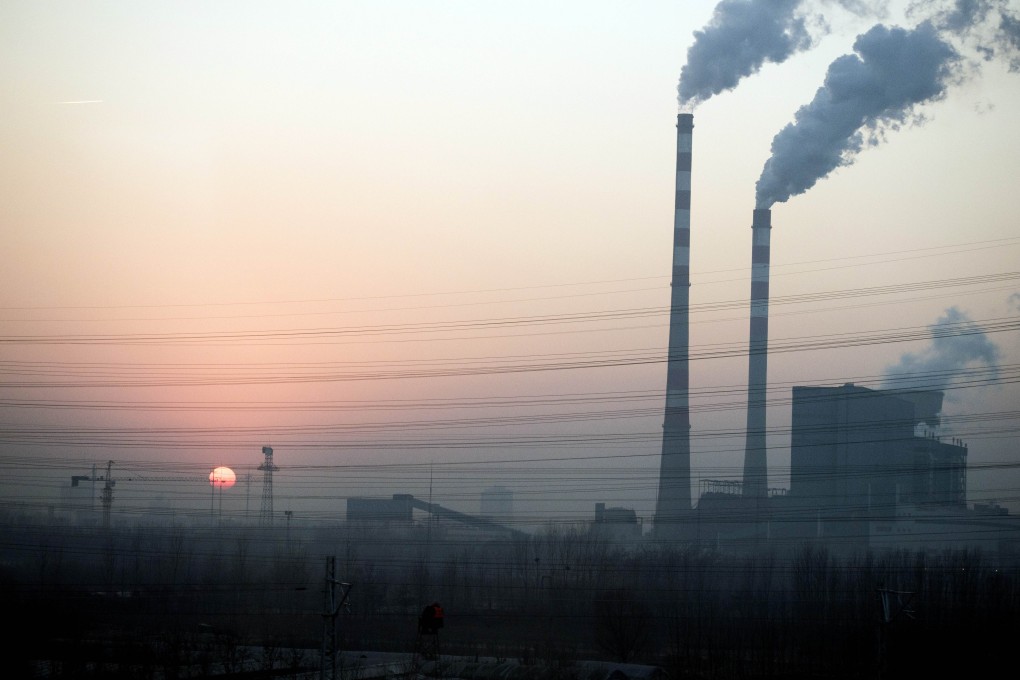Chinese firms receive help from Foreign Trade Association in complying with new pollution law
A Brussels-based trade association is helping ease the way for mainland factories to comply with sweeping new environmental laws taking effect in China today.

A Brussels-based trade association is helping ease the way for mainland factories to comply with sweeping new environmental laws taking effect in China today.
The Foreign Trade Association says firms must move away from the mindset that obtaining a certificate will be enough to make a difference in green living, and this doesn't have to be costly.
To better protect the environment, firms can adopt a framework based on continuous improvement, instead of conducting conventional green audits, says the association, which promotes the trade interests of 1,400 European and international manufacturers and retailers.
The group's China representative in charge of social compliance, Joyce Chau, said: "In the past, many people were focused on audits, audits, audits. This one is focused on continuous improvement."
Dozens of Chinese makers are set to try out the new approach, which may involve tasks as simple as installing water meters and plugging electricity leaks.
The idea comes against the backdrop of mounting pressure for mainland factories to get their production practices in line with the amended Environmental Protection Law, which allows the authorities to slap continuous daily fines on offenders.